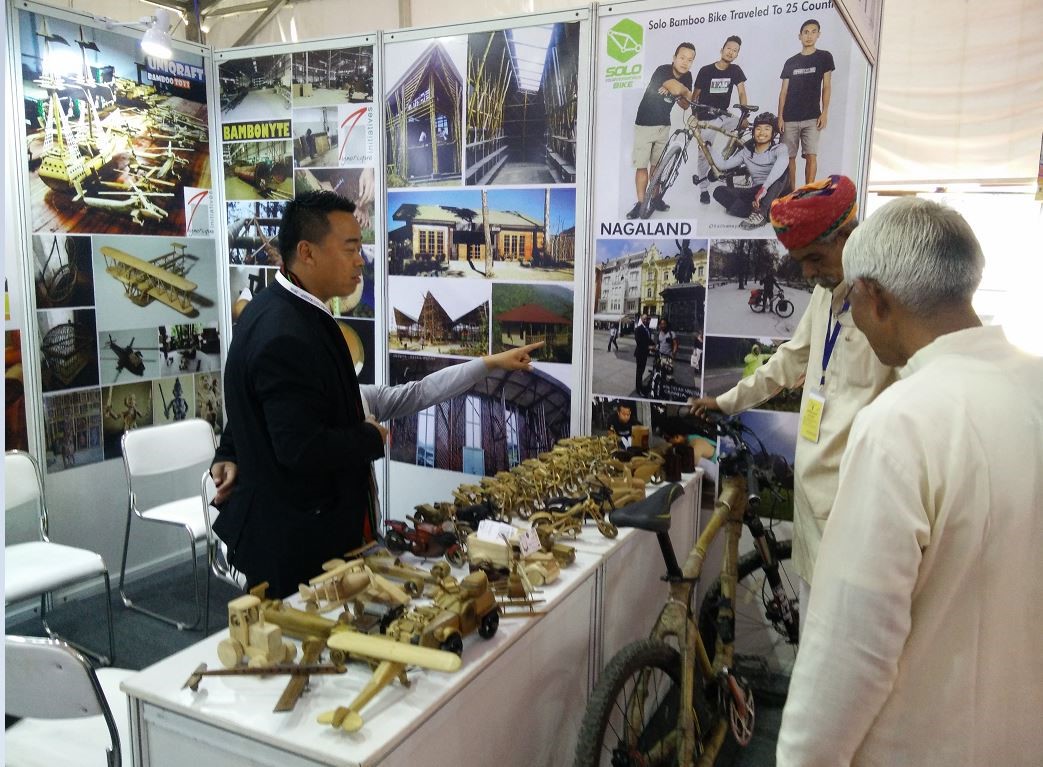
New Algorithm for Safer Data
- News
- 1.1K
With the ever-growing technology, cyber-attacks have become rampant. A team of researchers from the Indian Institute of Technology, Guwahati (IIT Guwahati), in collaboration with scientists from the University of Pardubice, Czech Republic, is working towards developing indigenous algorithms that can protect the Nation’s digital data from cyber-attacks by advanced computers. The team has also designed encryption architectures that can be used to protect sensitive health data that is transmitted through the internet.
“It has become indispensable to design new encryption schemes that can resist both quantum computer- as well as classical computer-based attacks,” says Dr. Gaurav Trivedi, Associate Professor, Department of Electronics and Electrical Engineering, IIT Guwahati. This need has given rise to a new field of research, called Post-Quantum Cryptography (PQC), and state-of-art research teams all over the world, such as the one at IIT Guwahati, have been working on developing algorithms to secure data from attacks by advanced computers.
The team has developed and designed various PQC-based encryption algorithms and indigenous soft IPs which can be integrated into Systems-on-Chip (SoC) to protect them from cyber-attacks. These algorithms and IPs would enable critical data such as national security data and citizen information to be under unbreakable lock-and-key, thereby enhancing the safety of our nation against cyber-attacks.
The team has also worked towards enhancing data security in the healthcare sector that is increasingly using the Internet-of-Things (IoT) to cater to the needs of the country.
IoT healthcare aids in the real-time diagnosis of diseases by keeping a patient digitally connected to a medical expert 24*7, thus avoiding the visits and admissions in the hospital, a facility particularly critical in these pandemic times. For example, wearable health sensors, such as ECG devices, can automatically transmit data to the health care provider, but the transmitted data must be encrypted to prevent intentional or accidental modifications to it, which could affect diagnosis and treatment.
“We have developed an area- and power-efficient Advanced Encryption Standard (AES) architecture that can encrypt and decrypt ECG data for transmission across the Internet. This is also suitable for low power IoT applications,” observes Dr. Trivedi.
Speaking about the work done by Dr. Trivedi’s team, Prof. T.G. Sitharam, Director, IIT Guwahati, said, “Both these electronic devices are the results of the joint efforts of IIT Guwahati and the University of Pardubice with whom we have successful collaboration for the past nine years. These devices are in-line with India’s vision of self-reliance and independence from foreign technology”.
The team led by Dr. Gaurav Trivedi, includes Prof Srinivasan Krishnaswamy, research scholars Bikram Paul, Uddipana Dowerah, Tarun Kumar Yadav, Balbir Singh, Abhishek Agrawal, Meenali Janveja, and Souradip Pal from IIT Guwahati. Prof Zdenek Nemec and Prof Jan Pidanic from the University of Pardubice. The team’s work has been published in the proceedings of the IEEE International Conference Radioelektronika (RADIOELEKTRONIKA). (ISW)
If you liked this article, then please subscribe to our YouTube Channel for the latest Science & Tech news. You can also find us on Twitter & Facebook


